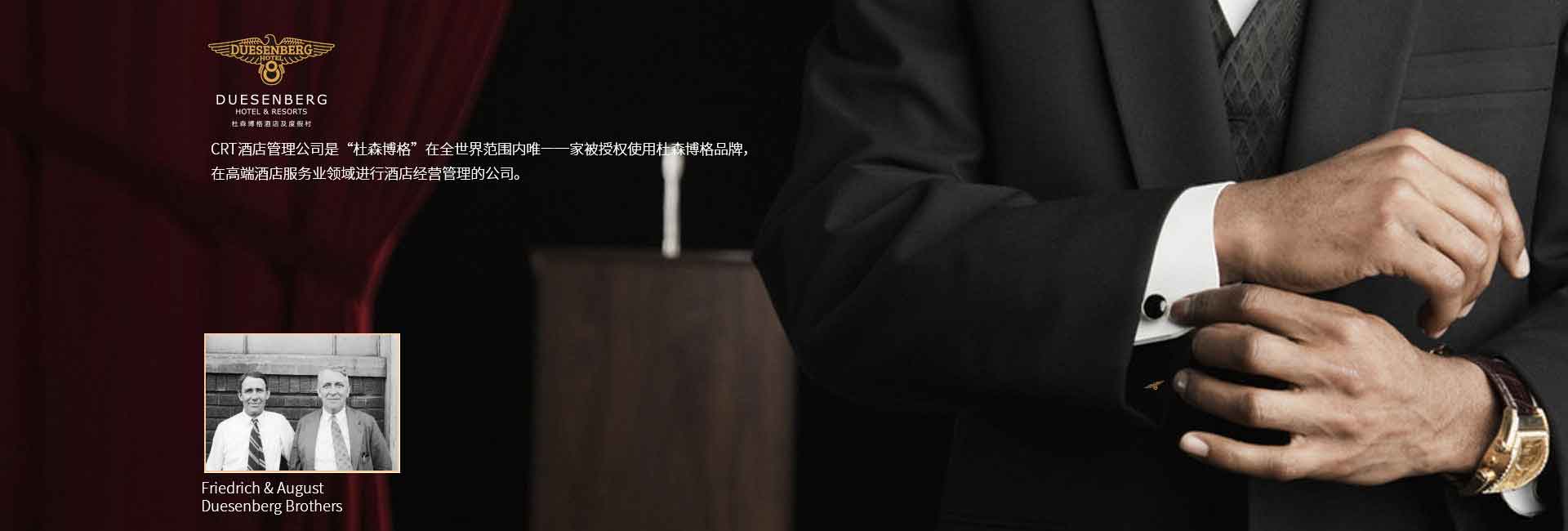上海商場標識設計--請使用者背書
不論企業、店家、個人,只要是信息傳遞者的發言接收方幾乎都不大相信。因為他們都認為信息傳遞者“只會透露對自己有利的信息”。相較之下,商場標識設計與接收方站在相同立場的使用者心聲就較容易得到信任。
各位有沒有在店里挑衣服,遇到店員說“這件我自己也買了而決定購買的經歷呢?
這是因為店員的角色從賣家轉為了與消費者站在同一陣線的伙伴。聽到店員這么說,我們會覺得:這么了解商品的人都買了,質量應該不錯(當然,不可否認的是,店員可能真的購買了那件商品,也有可能僅僅是對每一個人都這么說而已)。
電視購物頻道銷售健康器材時也是一樣,一定會通過使用者的心聲宣傳商品。因為比起商品生產者傳遞的信息,觀眾反而比較相信使用者的心聲。

No matter the enterprise, the shop owner, the individual, as long as it is the speech of the information transmitter, the receiver almost does not believe it. Because they all believe that the communicator "will only reveal information that is good for them.". In contrast, it is easier to trust the users who stand in the same position as the receiver in the logo design of shopping malls.
Have you ever picked clothes in the store and met the clerk saying, "I bought this one myself and decided to buy it?"?
This is because the role of the shop assistant has shifted from a seller to a partner in the same line with the consumer. When we hear the shop assistant say this, we will think that the quality of the product should be good (of course, it is undeniable that the shop assistant may have actually bought the product or just said so to everyone).
The same is true when TV shopping channels sell health equipment. They will certainly promote products through the voice of users. Because compared with the information delivered by commodity producers, the audience is more confident in the voice of users.

人和時代設計
品牌設計、VI設計、標識設計公司




















